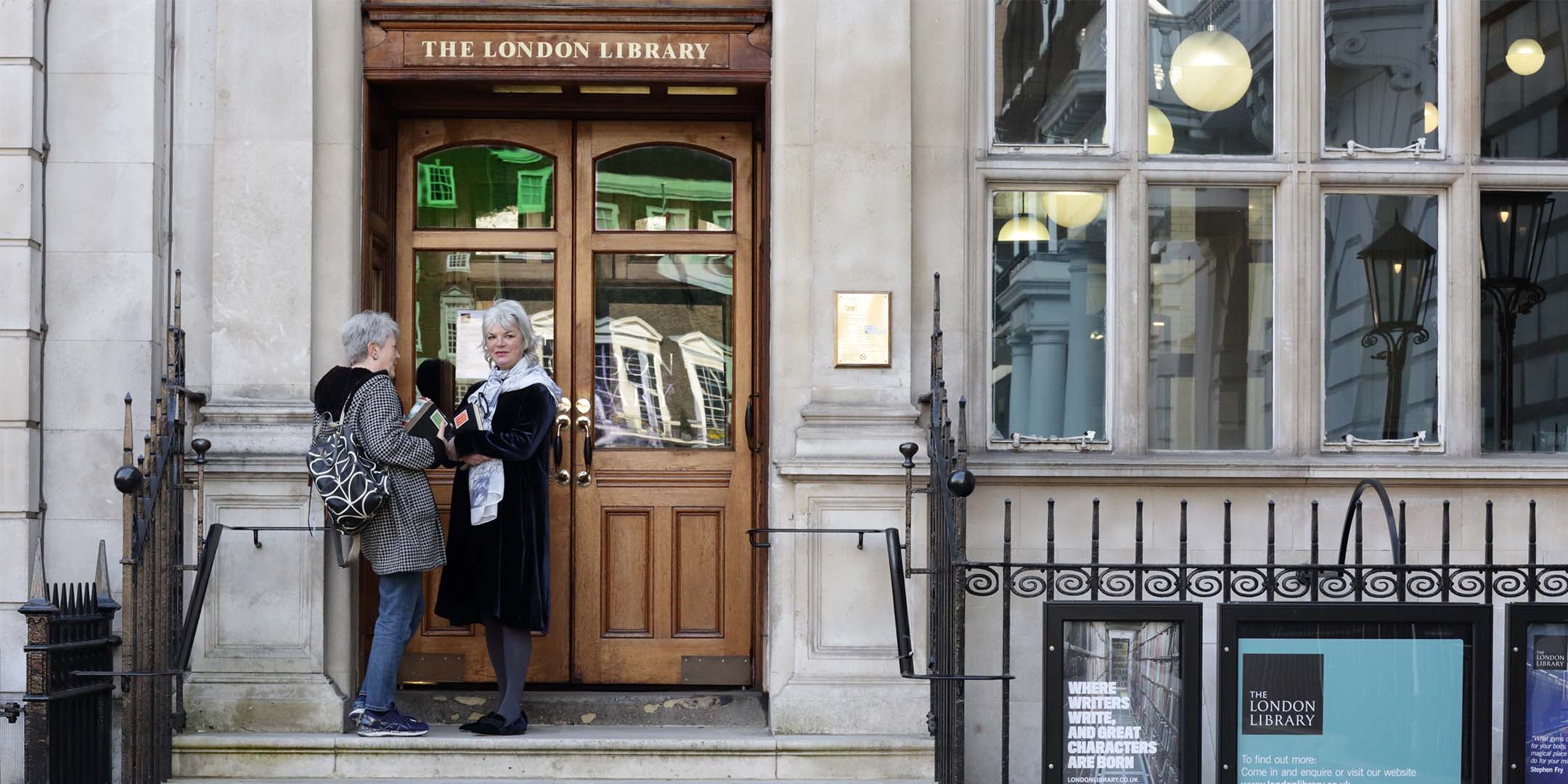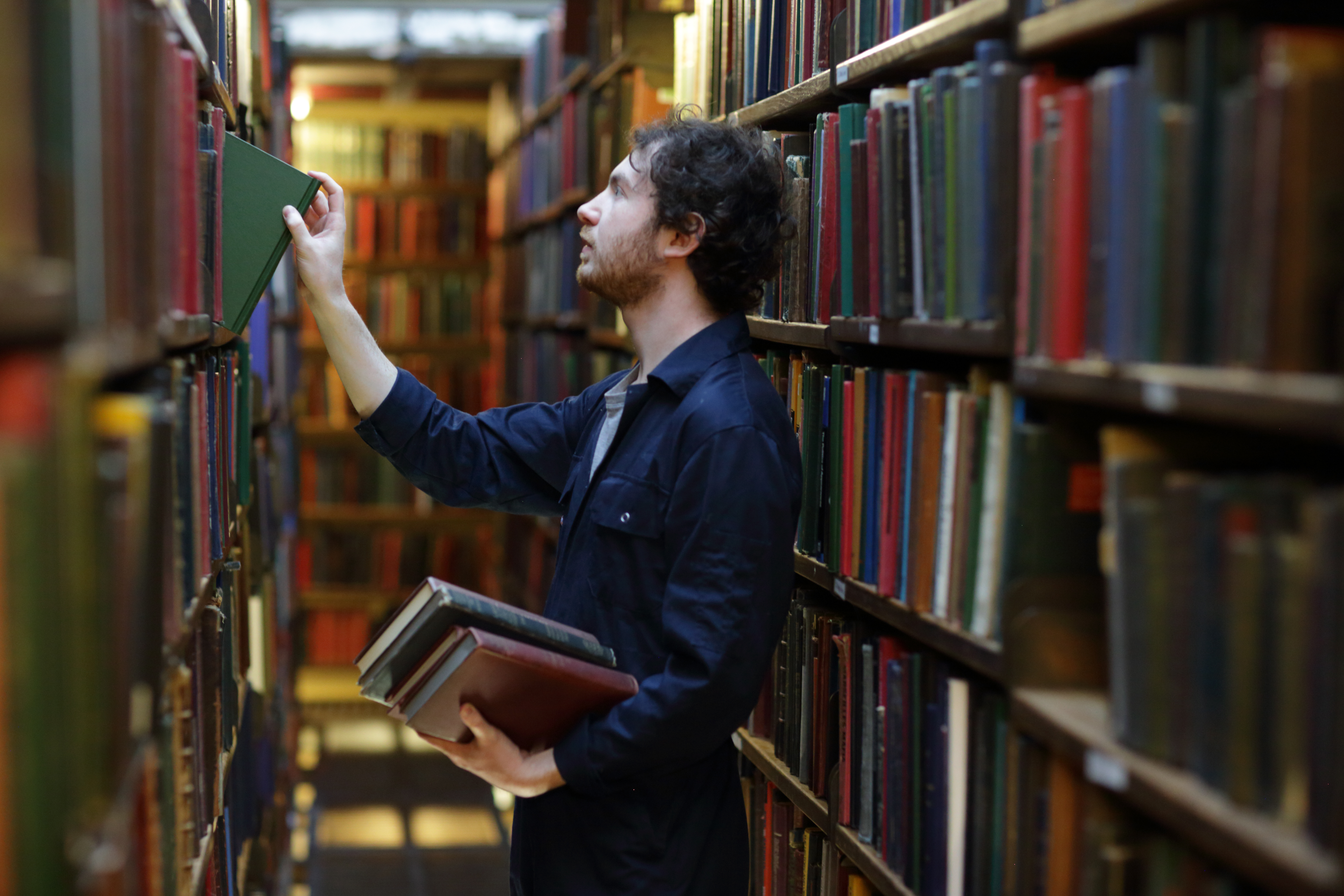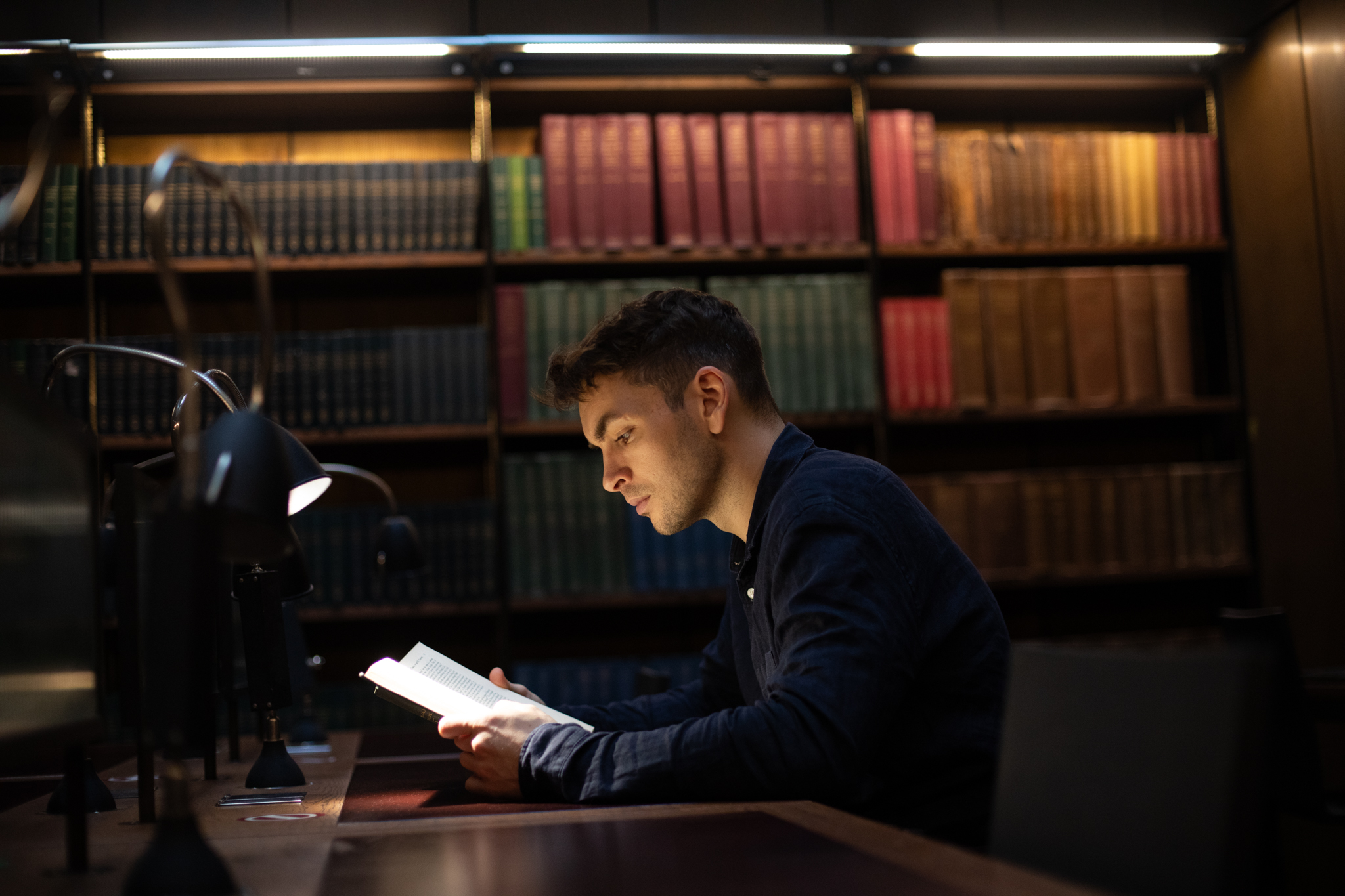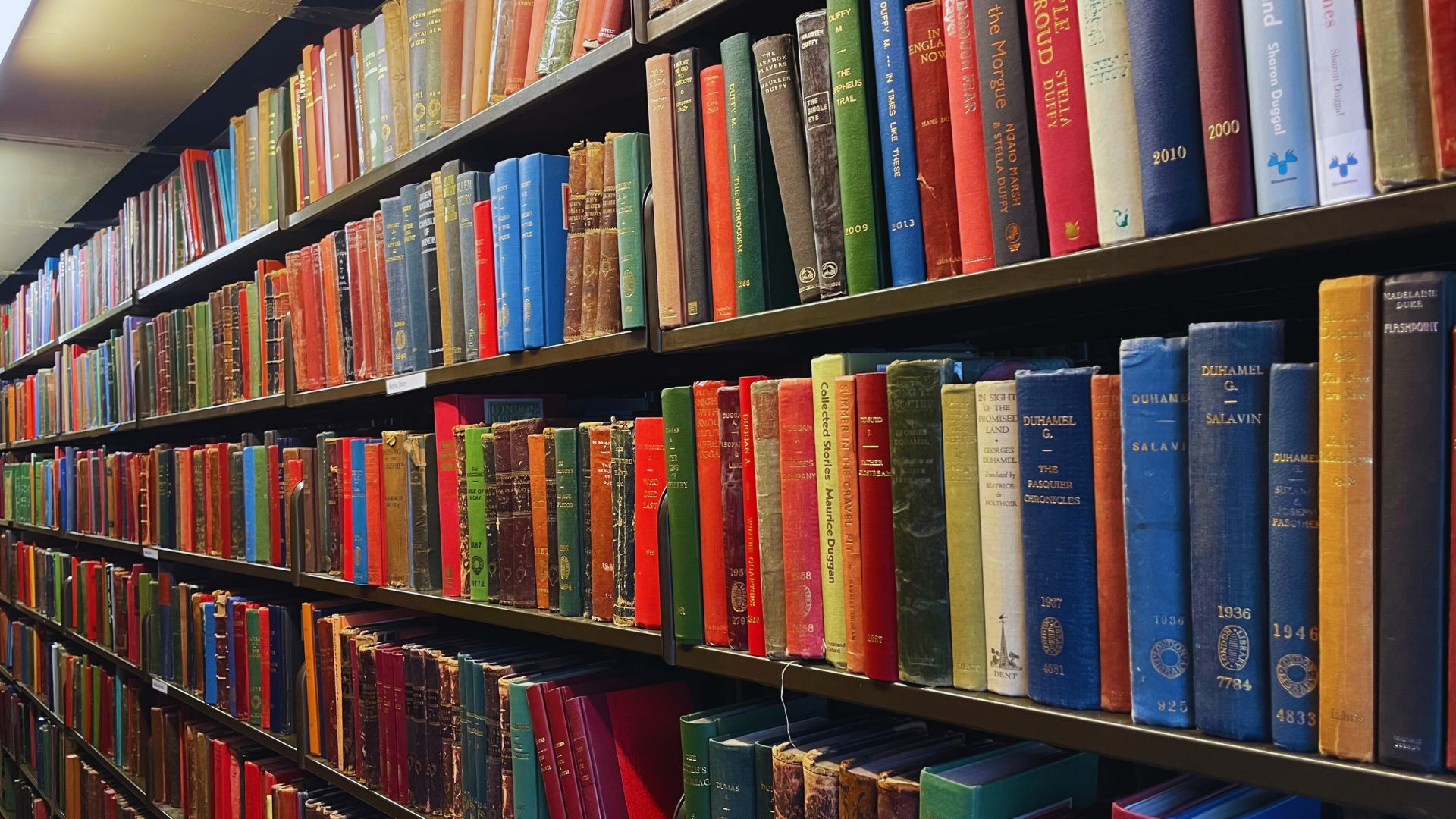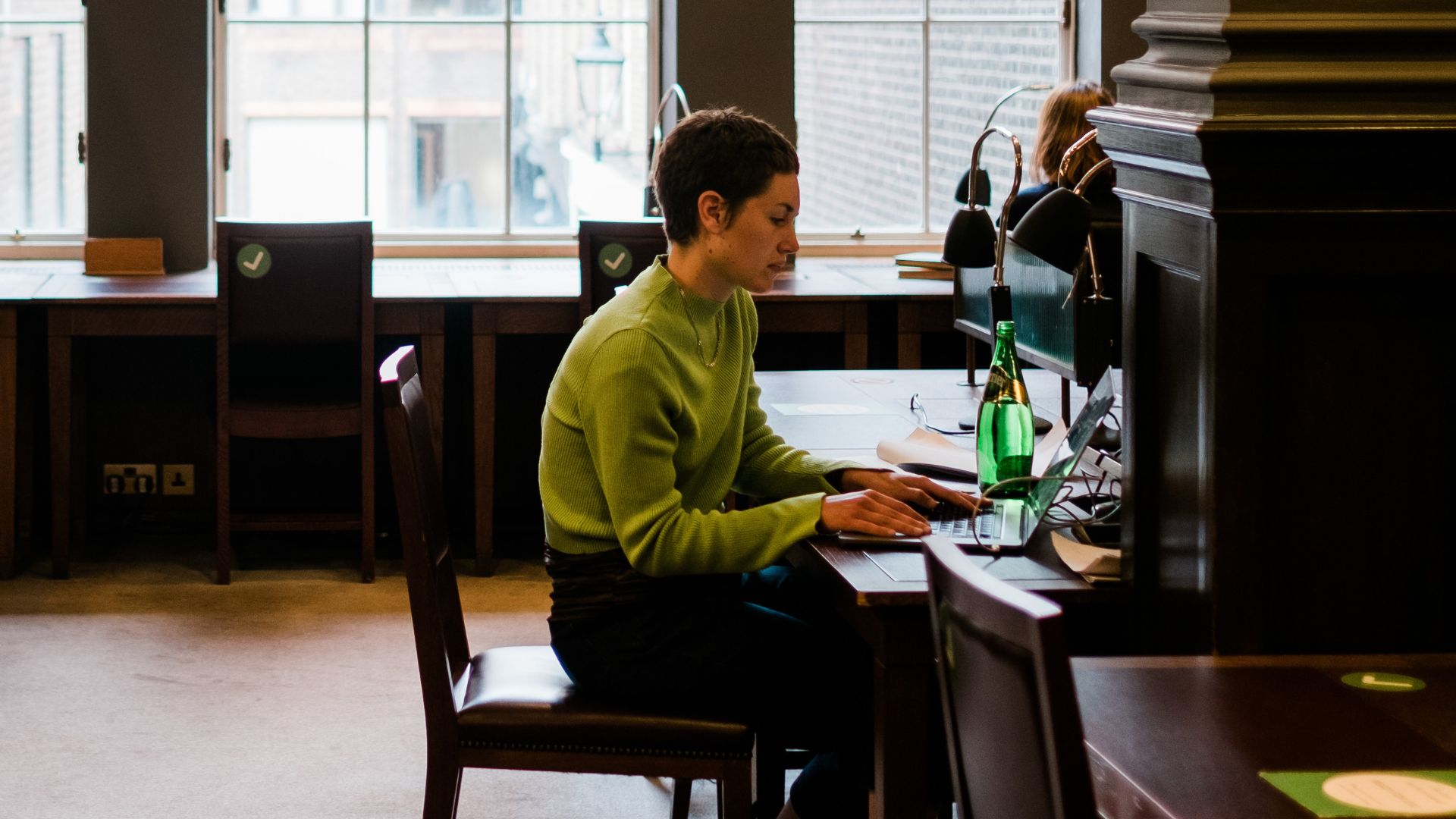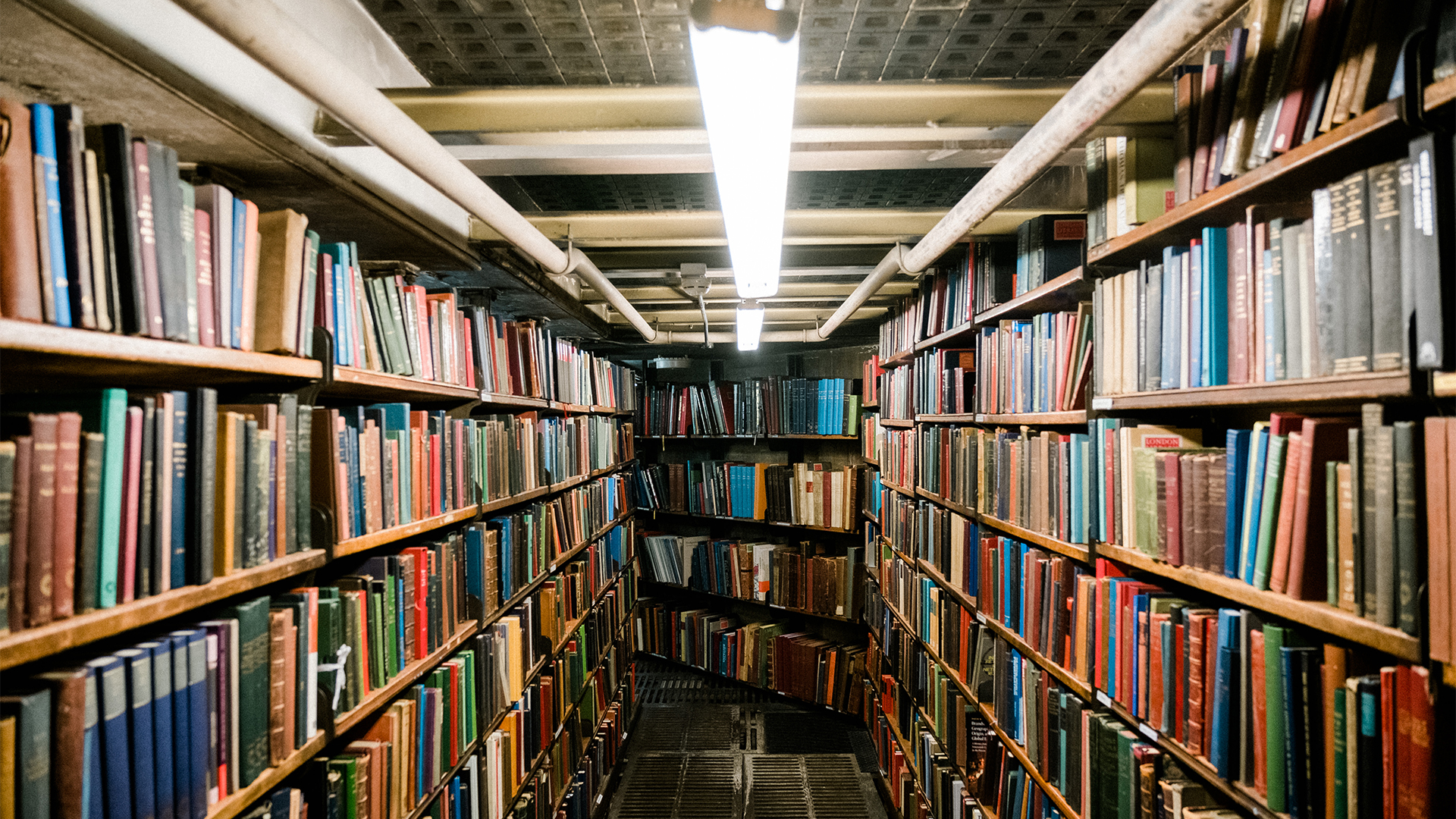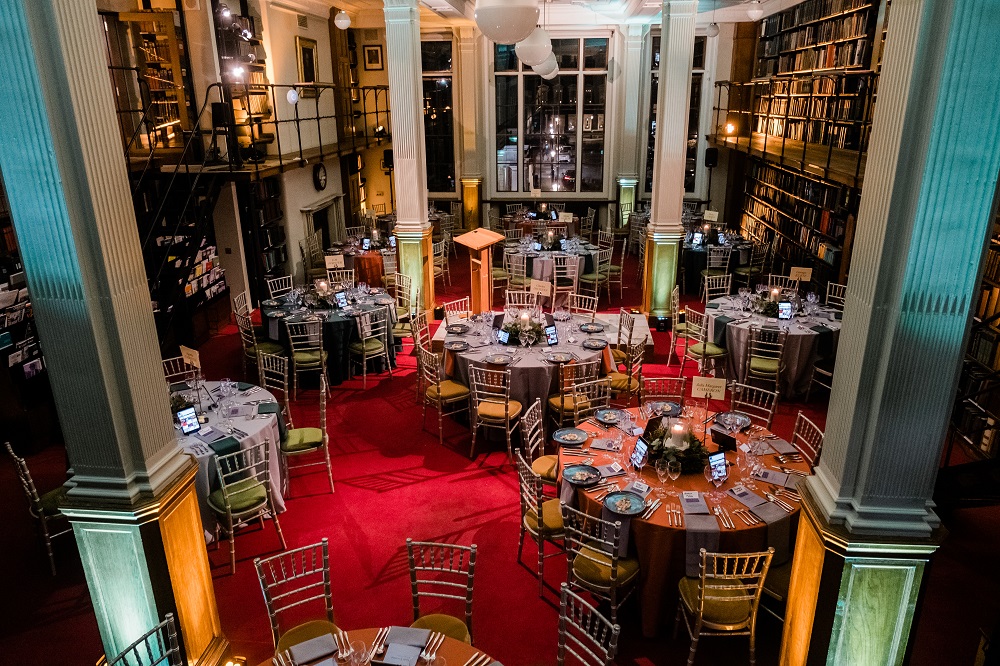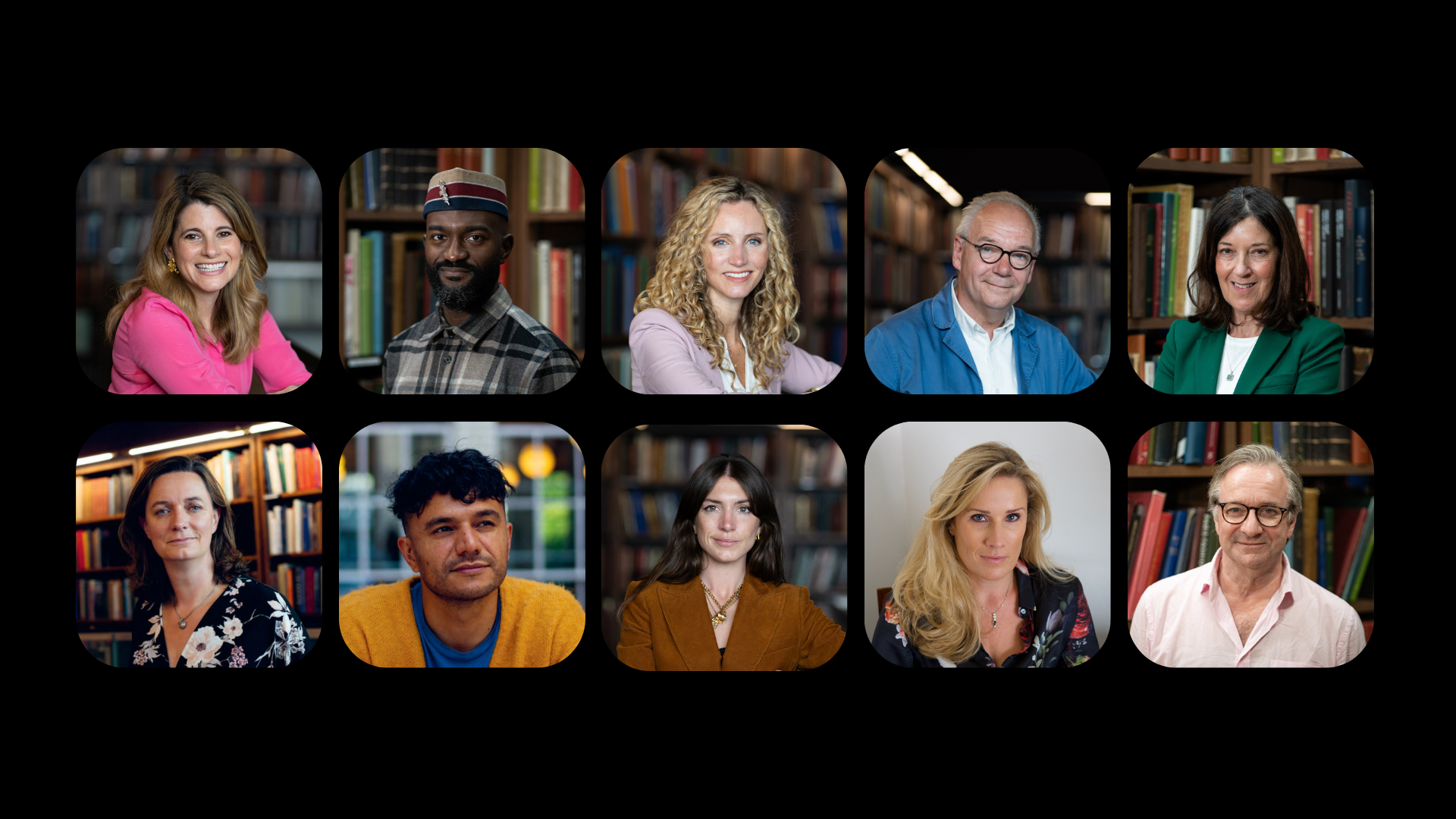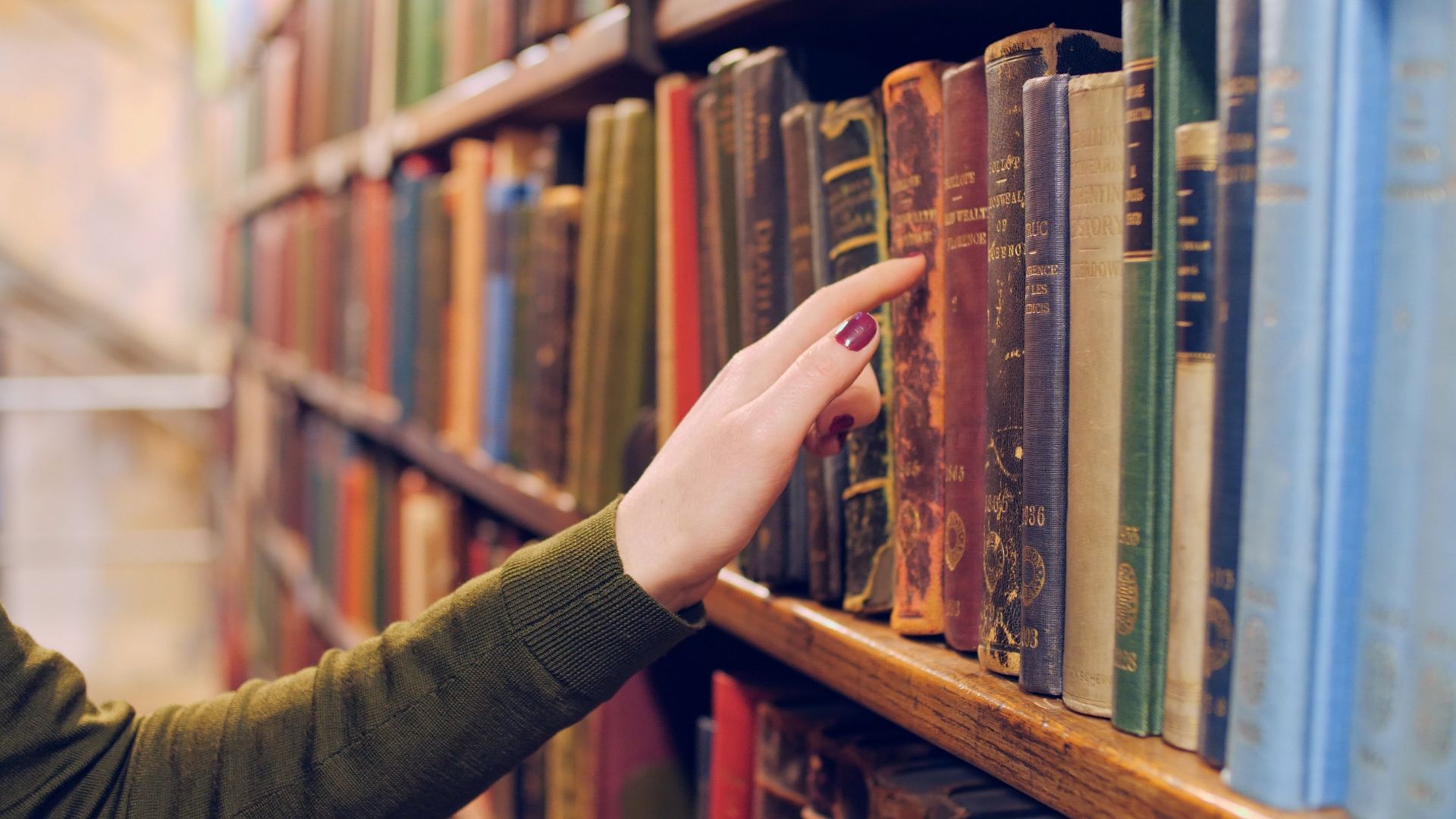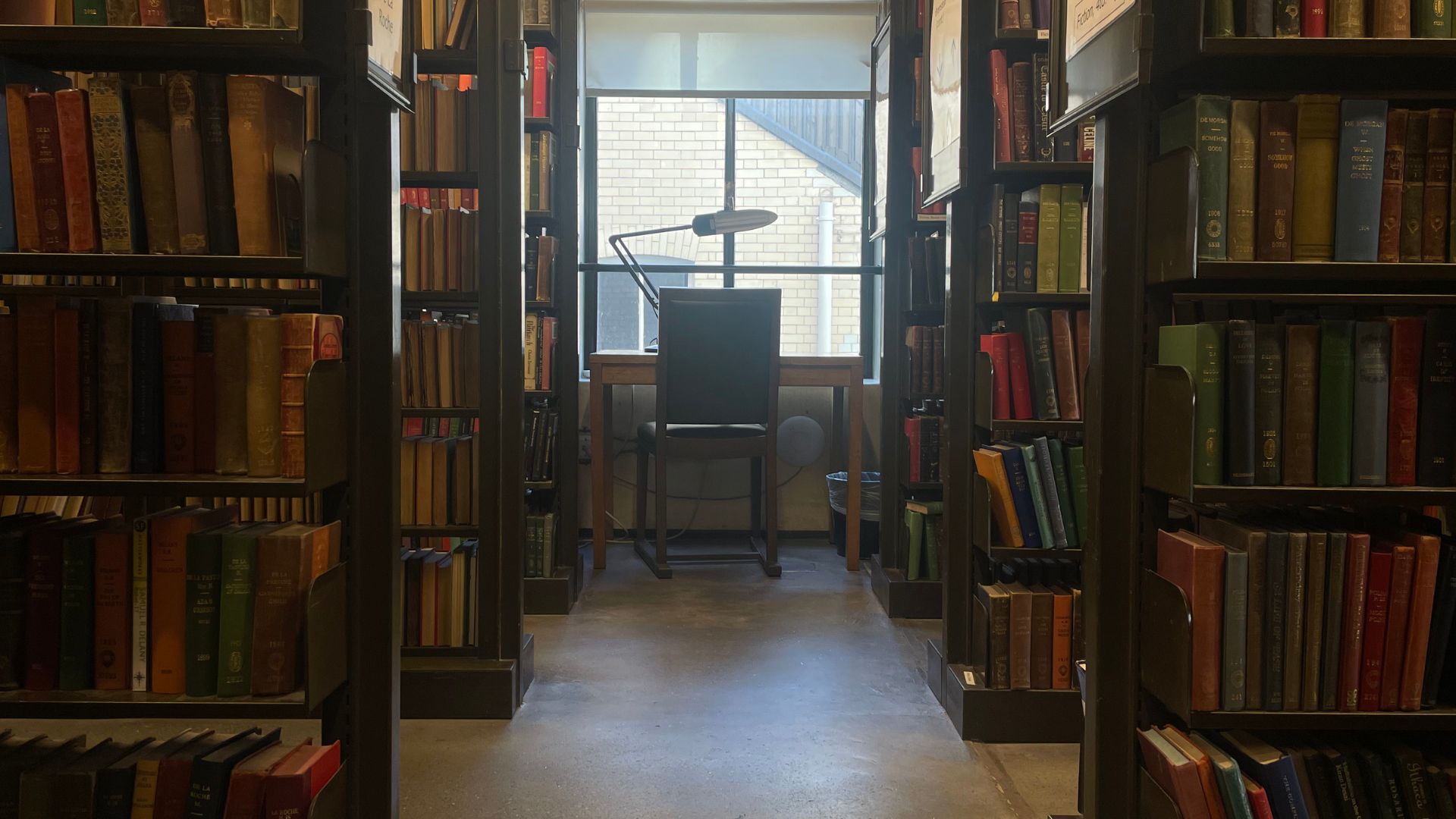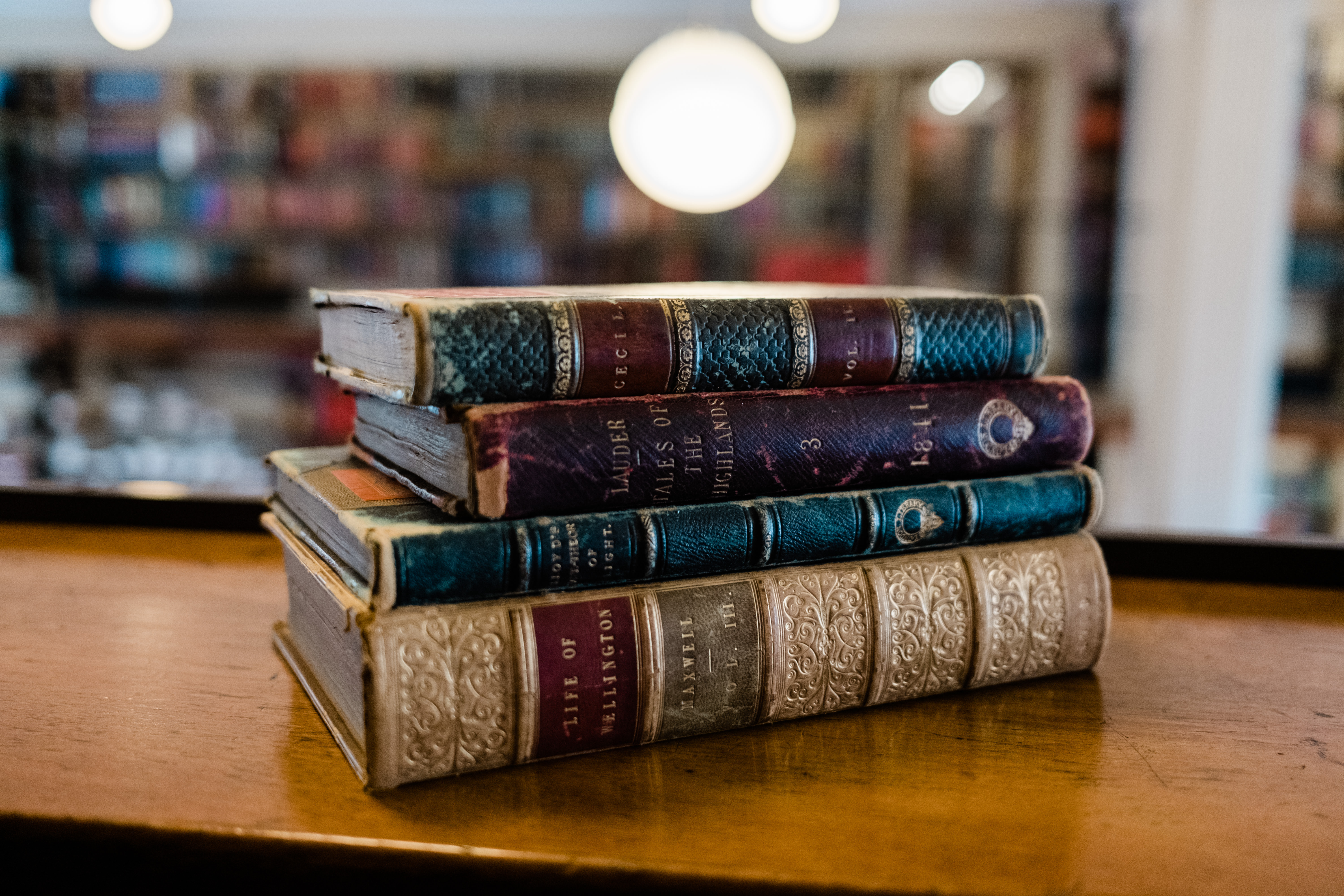The London Library has long been associated with the literary life of the nation, and it is to our past members – authors, poets and philosophers – that we look for romantic inspiration, words of wisdom and stories of love, both passionate and unrequited.
An 1842 edition of Alfred, Lord Tennyson’s Poems (originally published in 1830, when Tennyson was just 20 years old) from the Library’s English Literature collection, contains the enchanting poem Mariana – a melancholic exploration of isolation and rejection. Tennyson wasappointed President of the Library in 1855, a post he served until his death in 1892.
The philosopher and critic George Henry Lewes and Mary Ann Evans (better known as George Eliot) were living in what the writer John Wells called “high-minded adultery” at the time of their membership of the Library. An 1872 edition of Middlemarch, discovered in the Library’s Fiction collection, explores with a critical eye the concept of marriage…
Many new members first discover The London Library via member A.S. Byatt’s novel Possession – the plot of which centres around the discovery of secret letters by the character Roland Michell in the Library’s Reading Room – certainly a romantic setting for such a discovery.
T. S. Eliot – appointed President of the Library in 1952, serving until his death in 1965 – made a rare public declaration of the deep affection he felt for his second wife Esmé Valerie Fletcher in “A Dedication to My Wife”.
Beyond the works of our past and present members, you’re sure to be romantically inspired when browsing the tomes shelved under ‘S. Love’ in the Library’s 1890s stacks. Reflections, musings, collected love letters and words of advice for the heartbroken await discovery, nestled between shelfmarks ‘S. Lotteries’ and ‘S. Machinery’, with the charms of ‘S. Laughter’ nearby.
In Love and the English, Nina Epton explores the history of love, lust and marriage in England from the Anglo-Saxon and Medieval Ages to the 20th century, questioning as she does the “cliché that Englishmen make poor lovers”. (Love and the English by Nina Epton, 1960)
Finally, the intriguing dialogues in Doris Langley Moore’s The Techniques of a Love Affair - including “advice for the confession of former gallantries” – are worthy of consideration!

